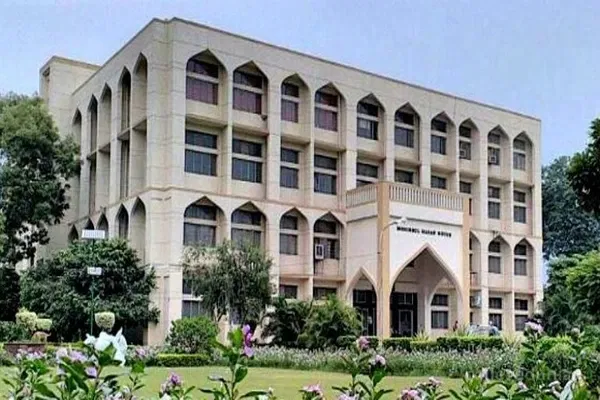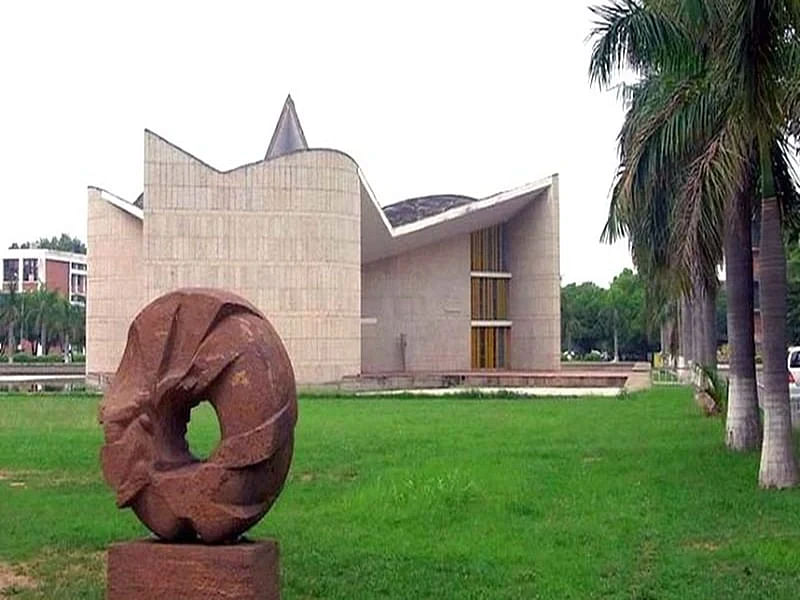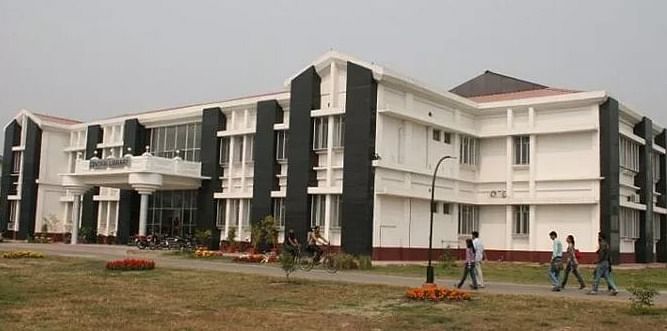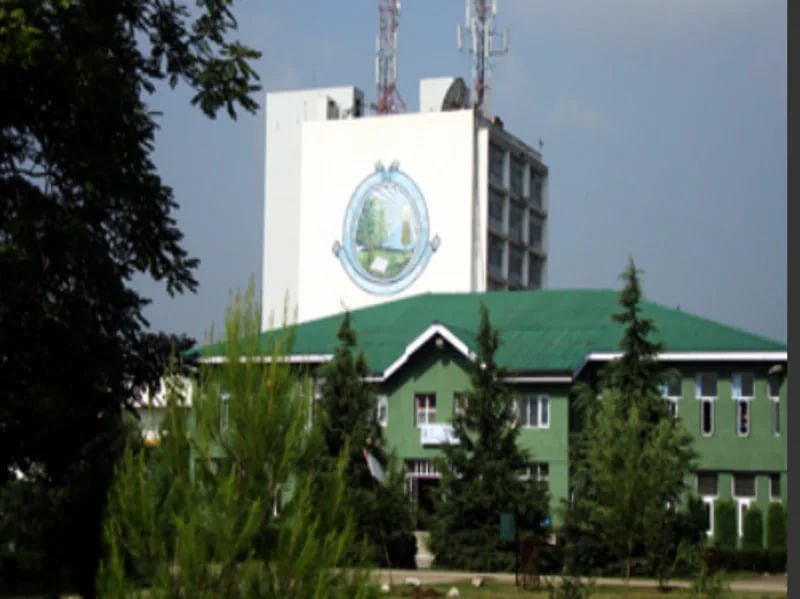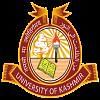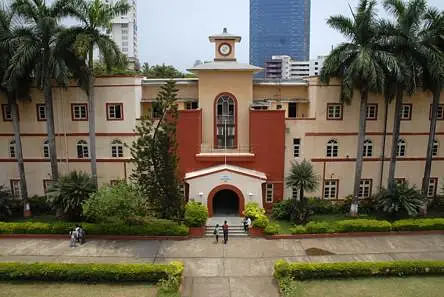MTTM Syllabus and Subjects

MTTM course curriculum includes subjects such as e-tourism, tourism finance, travel management, and the geography of tourism, among others, which aid in providing advanced knowledge and understanding of current trends. MTTM job scope is extensive, ranging from travel agent, operations manager, travel trainer, etc.
Table of Contents
- Semester Wise MTTM Syllabus
- MTTM Subjects
- MTTM Course Structure
- MTTM Teaching Methodology and Techniques
- MTTM Course Projects
- MTTM Course Books
Semester Wise MTTM Syllabus
The MTTM syllabus teaches students the fundamentals of travel and tourism and how it may be used in various roles, as well as all the topics that are necessary to comprehend the course. The MTTM course covers a wide range of topics and are divided into four semesters. The semester-by-semester MTTM subjects are listed below:
MTTM First Year Syllabus
The table below lists the first-year subjects bifurcated into the first and second semesters of the MTTM courses:
|
Semester I |
Semester II |
|
Geography of Tourism |
E-Tourism |
|
Ethical, business & legal environment of tourism |
Methodology of Research |
|
Travel trade management |
Tourism Analysis for policy decision maker |
|
Tourism Industry: Principles, Policies & Practices |
Managerial Accounting for Tourism |
|
Indian cultural heritage |
Sustainable Tourism |
|
Managing behavioural processes in the organization |
Destination Marketing |
|
Business Communication |
Sales and Product Management in Tourism |
MTTM Second Year Syllabus
The table below lists the second-year subjects bifurcated into the third and fourth semesters of MTTM courses:
|
Semester III |
Semester IV |
|
International Tourism & Ticketing |
Public Relations |
|
Foreign Language- I |
Transport Management |
|
Travel Agency & Tour Operations |
Event Management |
|
Indian Heritage |
Foreign Language- II |
|
Human Resource Management |
Project Work |
|
Tourism Finance |
- |
MTTM Subjects
Students for the MTTM programme gain a thorough understanding of a variety of topics over the course of two years. For the MTTM, core and elective topics are separated. The MTTM course will cover the following topics:
MTTM Core Subjects
The following are the core MTTM subjects that all MTTM students must take:
- Human Resource Planning and Development in Tourism
- Sales and Product Management in Tourism
- Understanding Tourism Markets
- Tourism Operations
- Management Functions and Behaviour in Tourism
- Information Management and Systems in India
MTTM Elective Subjects
The following are the elective MTTM subjects that all MTTM students can take:
- Understanding Tourism Ethics
- Sustainable Tourism
- Hospitality Management in Tourism
- ICT for Tourism
MTTM Course Structure
The MTTM course is designed in such a way that it aids students in gaining information, gaining practical experience, and enhancing the necessary skill sets. Over the course of two years, the course is divided into core and elective subjects. The following sections constitute the MTTM course:
- IV Semesters
- Core Courses
- Elective Courses
- Practicals
- Seminars
- Research Project
- Project Work
MTTM Teaching Methodology and Techniques
To fully comprehend the course, one must have a firm understanding of MTTM teaching strategies and techniques. To improve the effectiveness of the curriculum, MTTM programmes combine traditional lectures with case studies, group projects, and other types of action-based learning. The MTTM curriculum uses a variety of instructional methods, some of which are listed below:
- Practical sessions
- Internship/Training
- Seminars
- Projects
- Regular Lectures
- Group Discussions
MTTM Course Projects
The curriculum for the MTTM course must include projects. The MTTM curriculum places a strong emphasis on team or individual projects that give teachers the chance to evaluate students' performance and topic understanding. The most common MTTM projects are as follows:
- A Critical Analysis of Pilgrimage Tourism
- A Study of Tourist Satisfaction towards Tourism Products and Market
- The Role and Importance of the Internet in the Marketing of Travel Agencies Business
- A Study of the Tourism Industry of Jammu with Special Reference to Ecotourism
MTTM Course Books
The books for the MTTM give students a broad overview of the subject matter as well as a detailed analysis of their particular area of expertise. The following are some of the books for the MTTM course:
|
Name of Book |
Author |
|
Tourism and Hotel Industry In India |
M.M. Anand |
|
Tourism and Travel Concepts and Principles |
Jagmohan Negi |
|
International Tourism |
AK Bhatia |
|
Geography of Tourism |
H.Robinson |


